We all encounter that one particular night which ends up being particularly exhausting. On such nights, it’s hard to even consider removing your makeup. Concerning two minutes and thinking, “I’ll deal with it later,” definitely seems tempting. We also often come up with excuses like “It won’t hurt this one time,” or “I will wash it in the morning”.
However, if one wakes up the next day to a pimple-infested face, the emphasis shifts to the notion, “Does sleeping in makeup actually cause breakouts?”
Trust me, I completely understand every thought that comes in succumbing to the idea of removing makeup before going to bed. But on the contrary, I feel that nowadays, every single decision we make tend to have more drastic impacts in the long run than we realize.
Together, let’s study the science behind the use of makeup, skincare, and why skipping makeup removal can have a negative impact on skin health. Make those small decisions which’ll help you avoid breakouts so you can stay confident by keeping your skin on top shape.
So stay with me throughout this article, where I first explain the easiest techniques to maintain healthy and glowing skin.
Key Takeaways
- If you have been concerned about breakouts, then remember this – makeup and makeup products should not be used without a appropriate skincare cleansing routine as they tend to cause skin pore clogs.
- Makeup works as a shield for dirt, oil, and bacteria which reside on one’s face throughout the day, thus contributing to skin irritation and inflammation.Your skin is in need of breathing and repairing whilst you rest – makeup impedes this crucial procedure.
- Makeup must be erased properly as it impacts overall skin health. This action goes beyond appearances; it concerns the wellness of the skin.
- There are some measures that can be taken in order to maintain the skin’s cleanliness, hydration, and the skin is not susceptible to inflammation.
What Happens to Your Skin When You Sleep?
Before we start blaming makeup, first ask what skin’s real condition is whilst it rests?
Our skin is an astonishing organ. Daytime exposes the skin to dirt, external stressors, and natural oils produced by the skin. But at night, your skin has the chance to repair itself.
Skin cells renewed, collagen produced, free radicals trying to damage the skin are all dealt with. You can see then why sleep has an impact on skin health.
Nevertheless, if you’re using makeup, it obstructs the healing process. Consider how your skin is trying to work its magic while being choked by makeup remnants.
It cannot “breathe”, or regenerate as well, and the makeup occludes your pores.
What’s the result? The skin natural function is hindered which in turn can gradually lead to more serious issues over time such as inflammation, acne, or blackheads.
Does Sleeping With Makeup On Lead to Breakouts?
Now let’s address this issue concisely: does sleeping with makeup on really cause breakouts? The short answer is yes, but there’s more to it this time than just a “yes” and “no.”
Our skin creates natural barrier oils daily to cope with and protect the skin from environmental stressors while also providing moisture and hydration.
By adding makeup, it creates a layer that can trap these protective oils along with dirt, grime and bacteria.
If makeup isn’t taken off before sleeping, they can exacerbate the problem by clogging up the pores with oil and other impurities leading to inflammation, infection, and on worst case scenerio the formation of pimples.
If you’ve ever experienced waking up to a pimple appearing on your face because you did not remove your makeup the previous night, it’s due to this clogged pore scenario. Whenever your skin is unable to get rid of the excess oils or toxins, inflammation becomes the result for your pores.
The Ingredients in Makeup That Can Cause Skin Issues
These ingredients deceive the skin by forming a barrier which in reality acts as a suffocation window. The debris will not allow the skin to breathe for an extended period of time which in severe cases leads to open comedones (clogged pores).
Take, for example, oil-based makeup. Great moisturizers during the day, oils can exacerbate the damage during the night, especially when sleeping with them.
These oils can obstruct pores and disturb the natural equilibrium of oil on the skin, resulting in acne.
Beeswax and candelila are also used in many makeup products.
They act as a barrier to prevent makeup from smudging, but this barrier can also trap sweat, oil and dirt. This can contribute to breakout over time.
Let’s not forget about makeup pigments as well. Several of these pigments are capable of causing inflammation and the formation of acne on sensitive skin.
The Potential Damage of Sleeping With Makeup On
In addition to causing breakouts, other grave skin problems can result from wearing makeup while sleeping. Firstly, makeup has the ability to sap moisture from the skin.
Your skin continually loses moisture while you sleep due to TEWL, which stands for Transepidermal Water Loss. If you wear foundation or powder for an entire day, your skin will struggle to retain moisture, and the warrant will be harder to sustain.
The lack of moisture can make your skin feel dry, tight, and irritated upon waking up. Furthermore, makeup products worsen the breakdown of collagen in the skin over time.
Collagen is needed to aid in the keeping of the skin firm, plump, and youthful. Makeup can trap everything underneath and hinder collagen production. This can lead to premature aging signs such as fine lines and sagging.
Eye health is another area of concern. If you use mascara or eyeliner and don’t take it off before sleep, your lashes can dry out and become brittle.
Additionally, mascara has the ability to shed into your eyes, leading to bothersome itchiness. This is a no brainer, yet frequently forgotten consequence of skipping the makeup removal process
How to Remove Makeup Properly: A Simple Guide
Knowing the dos and don’ts of makeup, especially its removal, is as important as knowing how to apply it. Here’s the simple routine that you can follow to remove makeup without any hustle:
- Makeup Remover – Select a makeup remover that matches your skin type. Micellar water works like a charm for sensitive skin, while oil-based removers or cleansing balms excel for those with oily skin and long-wearing makeup.
- Double Cleanse – After taking off as much makeup as possible, engage in a gentle facial wash to remove the residue, ensuring true cleanliness free from makeup and impurities.
- Toner (Optional) – Adding a mild toner can be beneficial for balancing your pH levels for skin alongside clearing any remaining residue.
- Moisturize – Replenishing moisture your body needs overnight is essential, so avail a moisturizer appropriate for your skin type.
- Be Gentle – With the skin on your face, never tug. The more tension is applied, the more irritated the skin becomes.
What to Do to Prevent Breakouts in the Future
Avoiding breakouts goes beyond simply taking off the makeup; it includes adopting a proper skincare regimen along with it. Here are some recommendations on how to take care of your skin and prevent breakouts.
- Do Not Skip Cleansing Your Skin – Whether or not you’ve worn makeup during the day, ensure that your skin is washed at night. It is imperative since during the day, your skin gets exposed to dust, sweat, etc., and failure to cleanse your skin could lead to clogged pores.
- Check for Non-Comedogenic Products – While purchasing makeup, make certain that the products are labeled as “non-comedogenic” as they do not block your pores.
- Stay Hydrated – Your skin needs to be hydrated from the inside, therefore drink a lot of water. Well-hydrated skin is less likely to get irritated or breakouts.
- Keep a Skin-Friendly Diet – Incorporating a balanced diet consisting of vegetables, fruits, and healthy fats helps in lowering inflammation while at the same improving your skin’s vascular function.
My Opinion | The Importance of Makeup Removal for Clear Skin
Is it really that bad to sleep with makeup on? Yes, yes it is. Leaving makeup on during the night can lead to irritations and breakouts. To avoid these problems, it’s best to add cleansing to your nightly skincare routine.
Those extra minutes spent washing your face will be worth the time in avoiding skin complications, like breakouts. So together, let’s make a pact—no more sleeping in makeup!
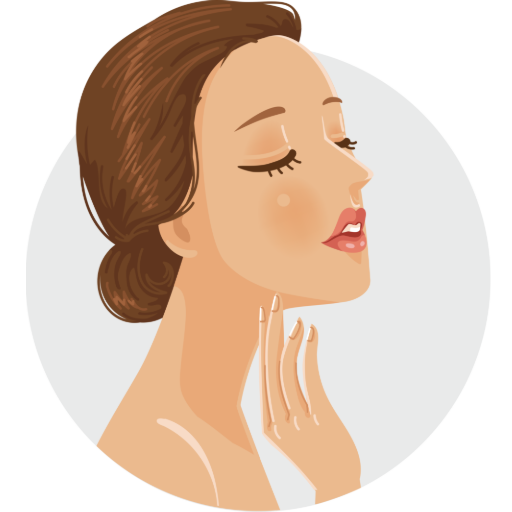
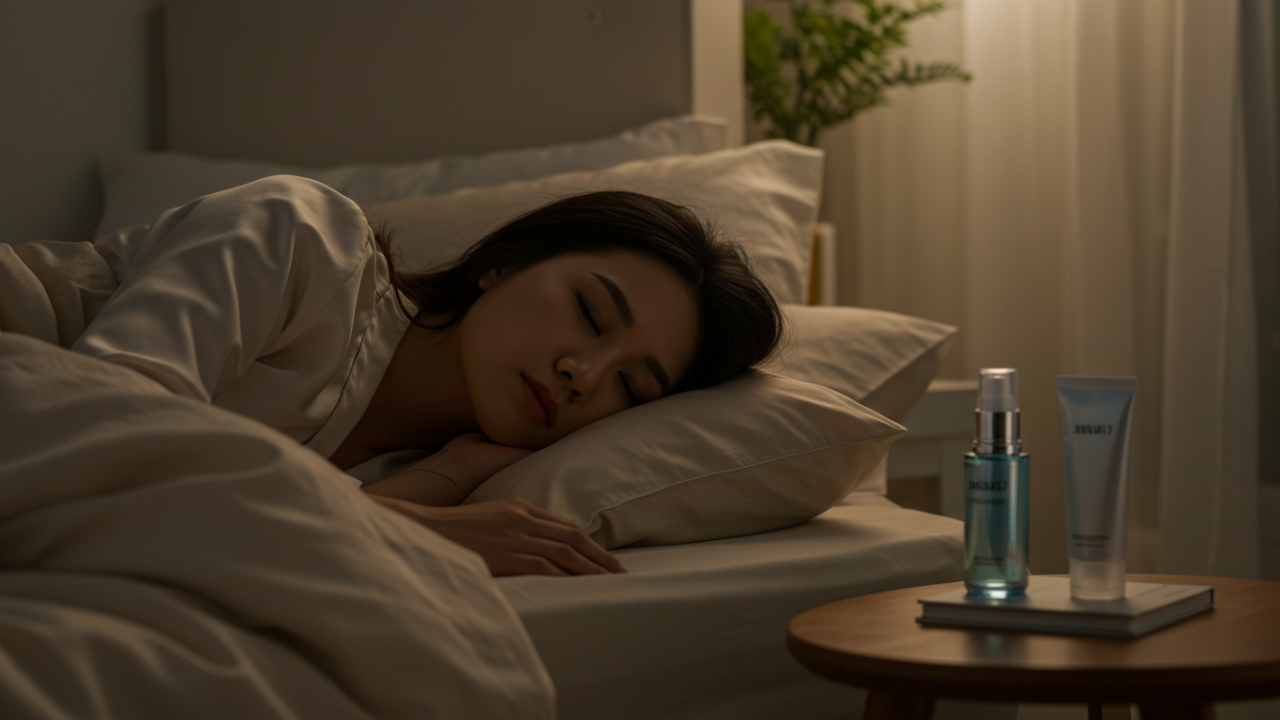
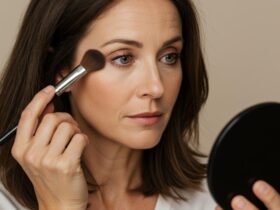
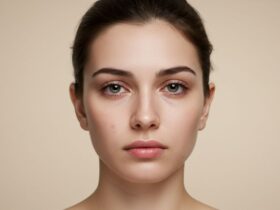
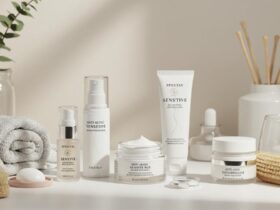
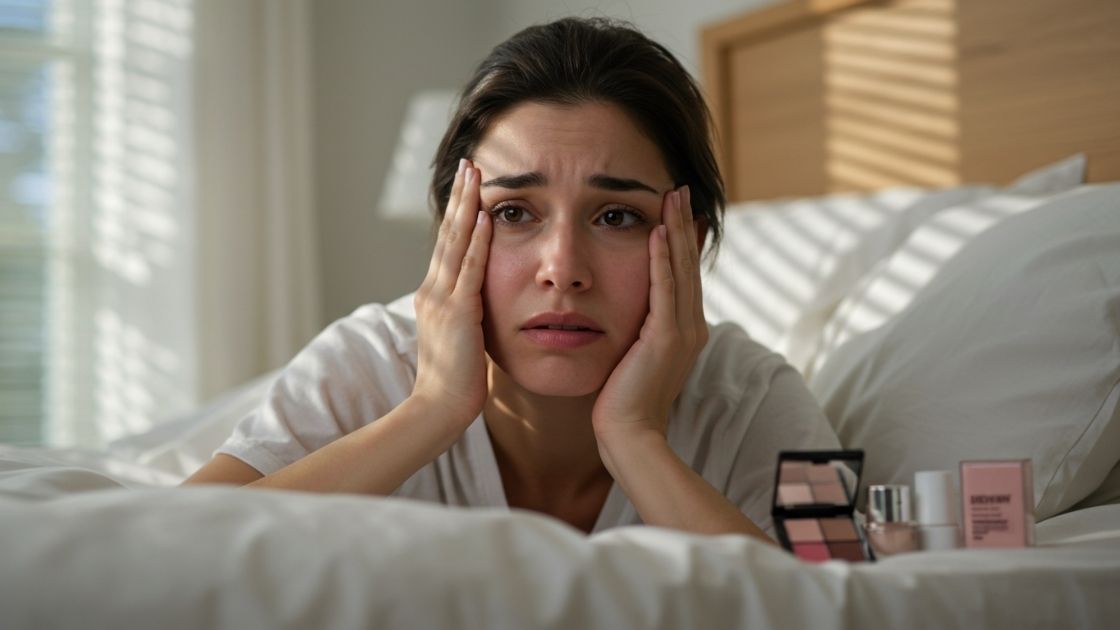
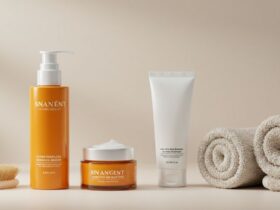
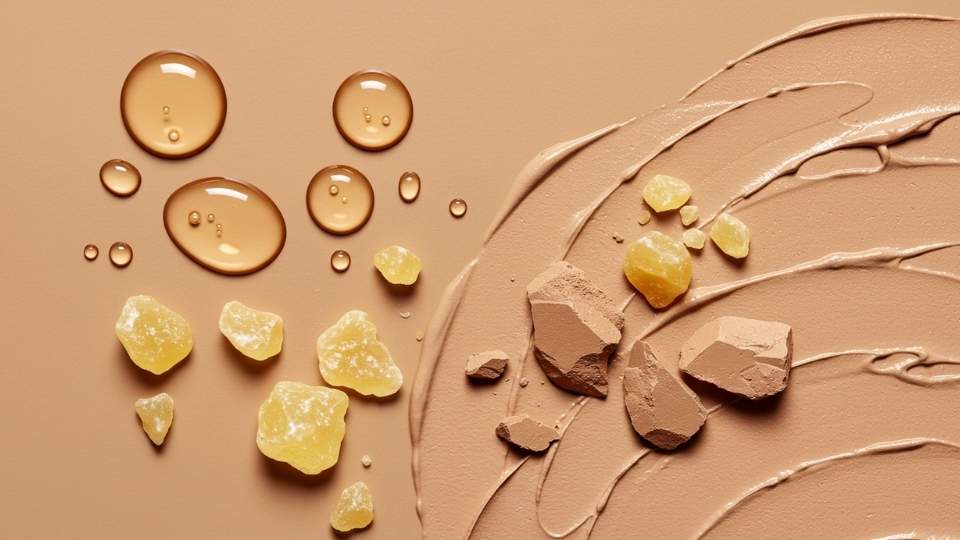
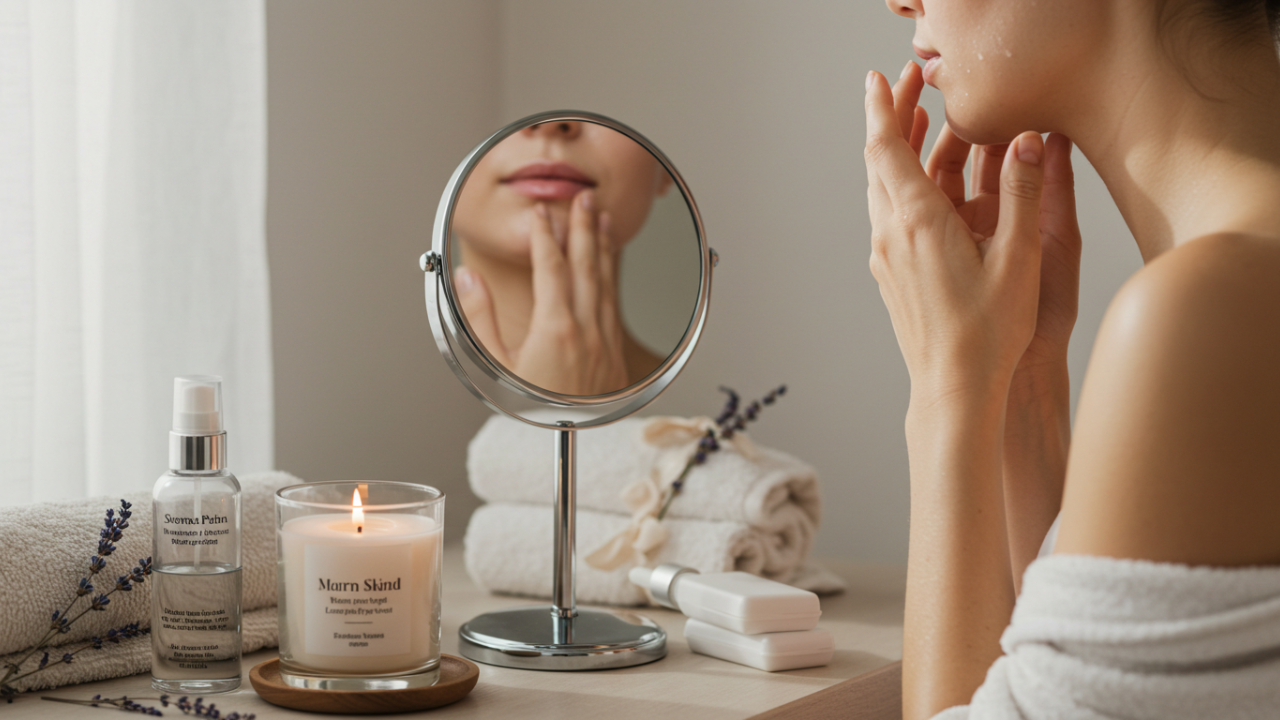
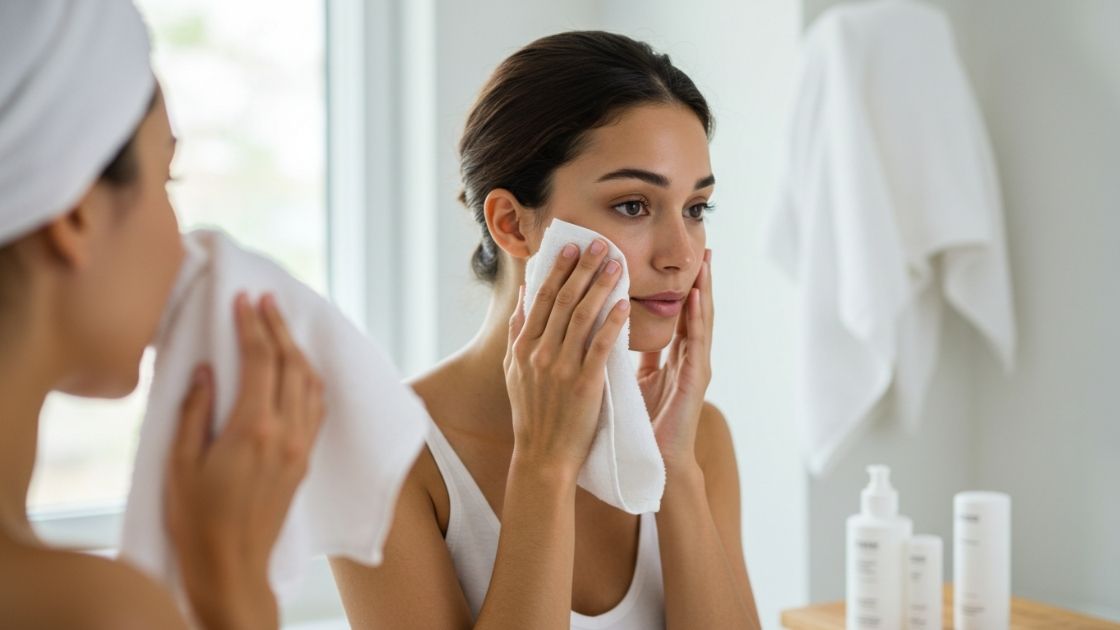
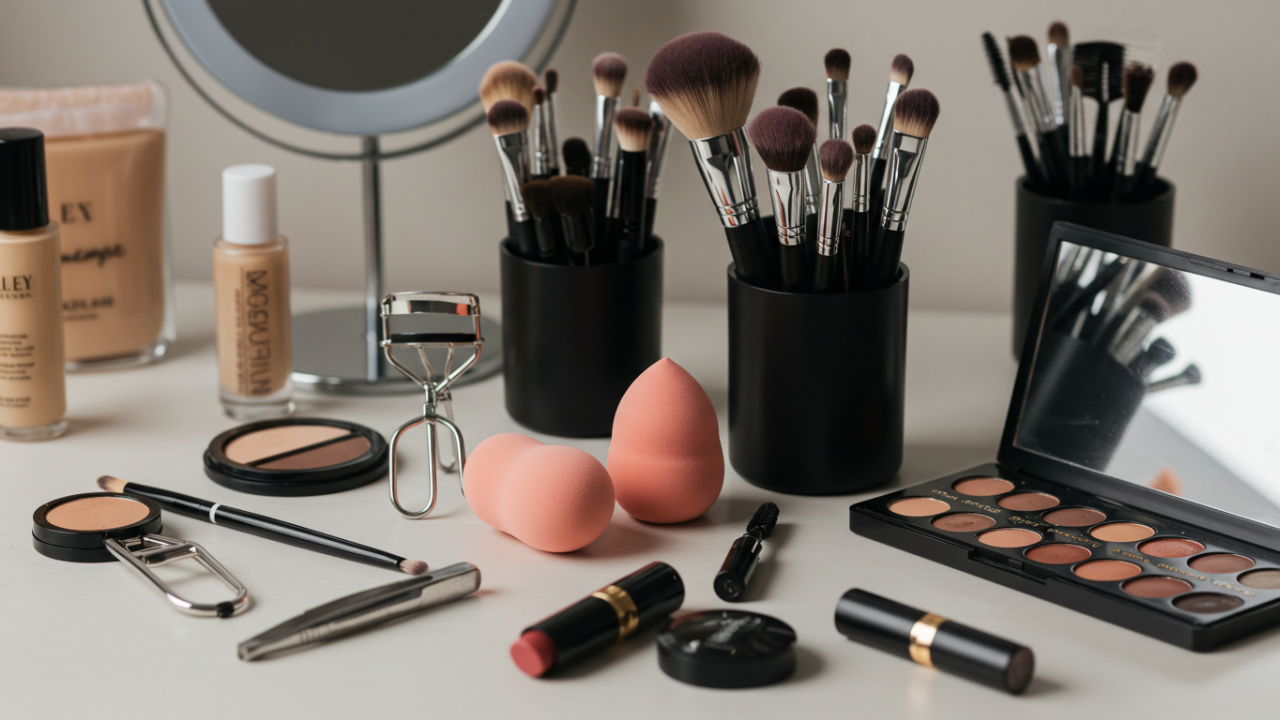
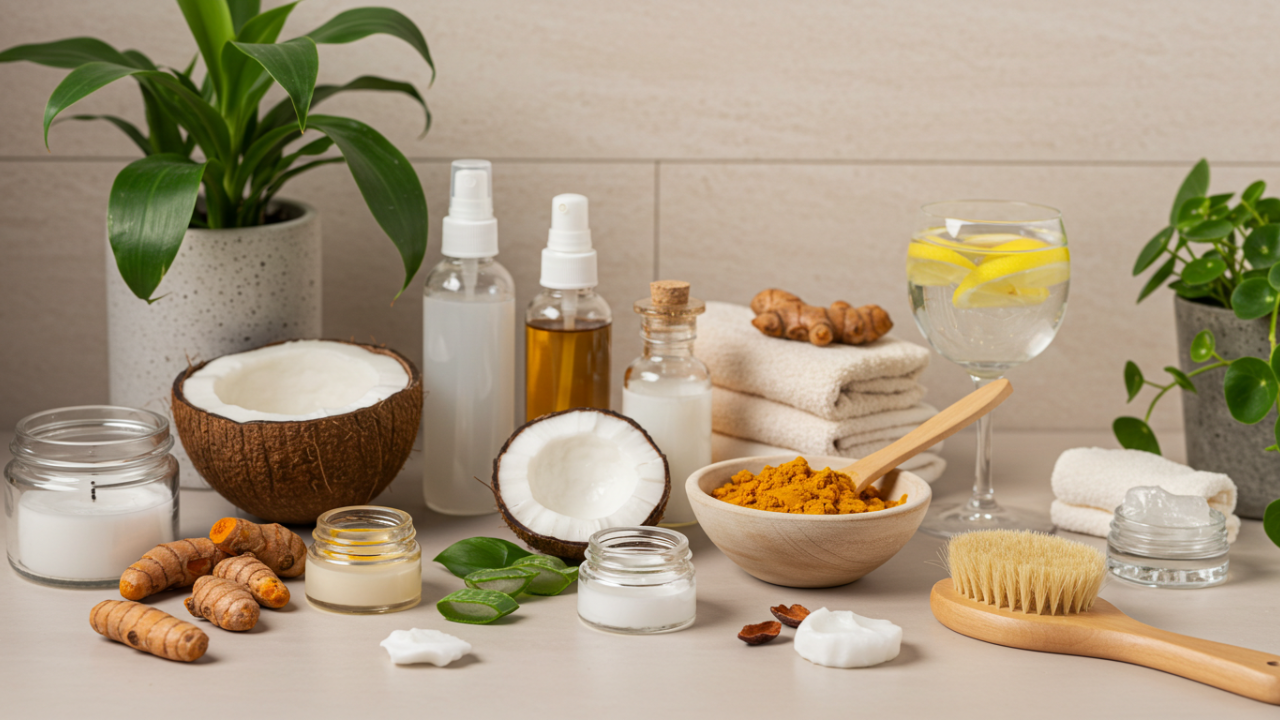

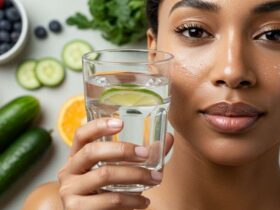
Leave a Reply
View Comments